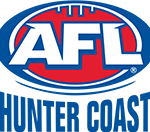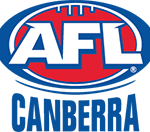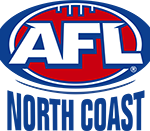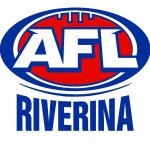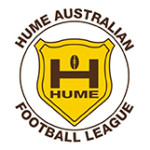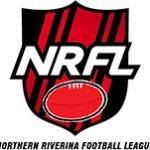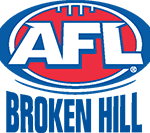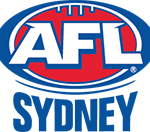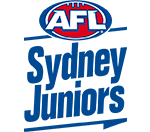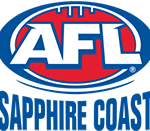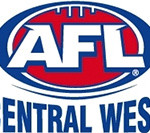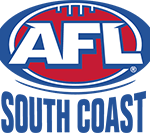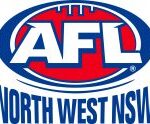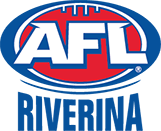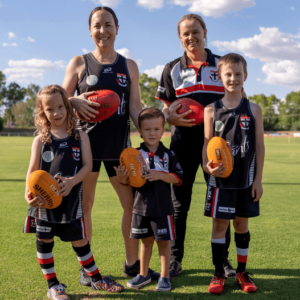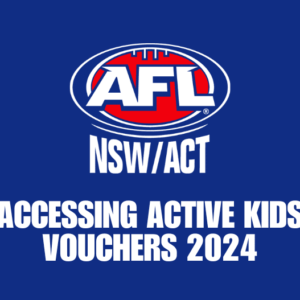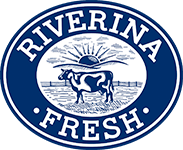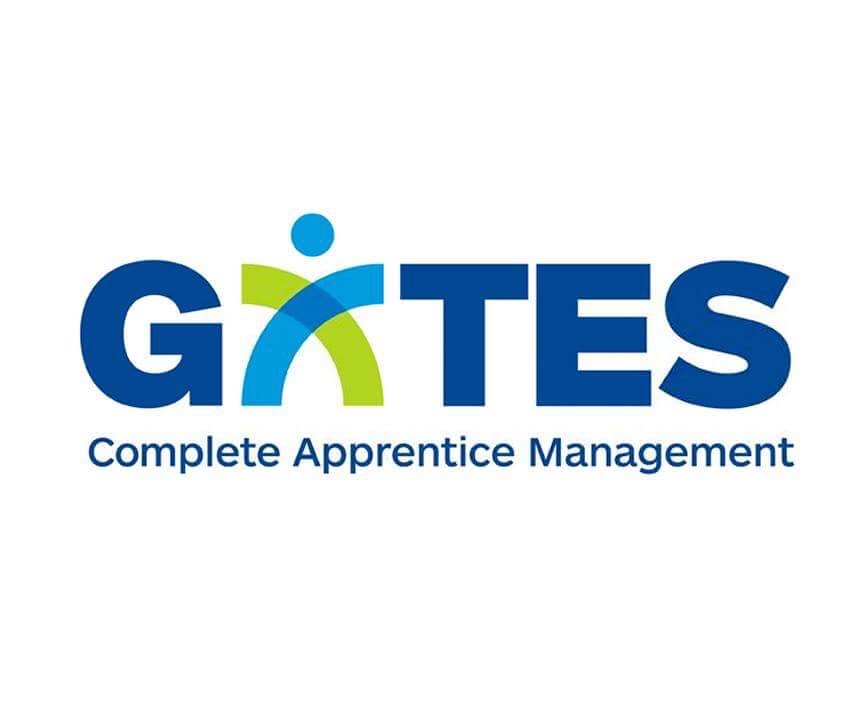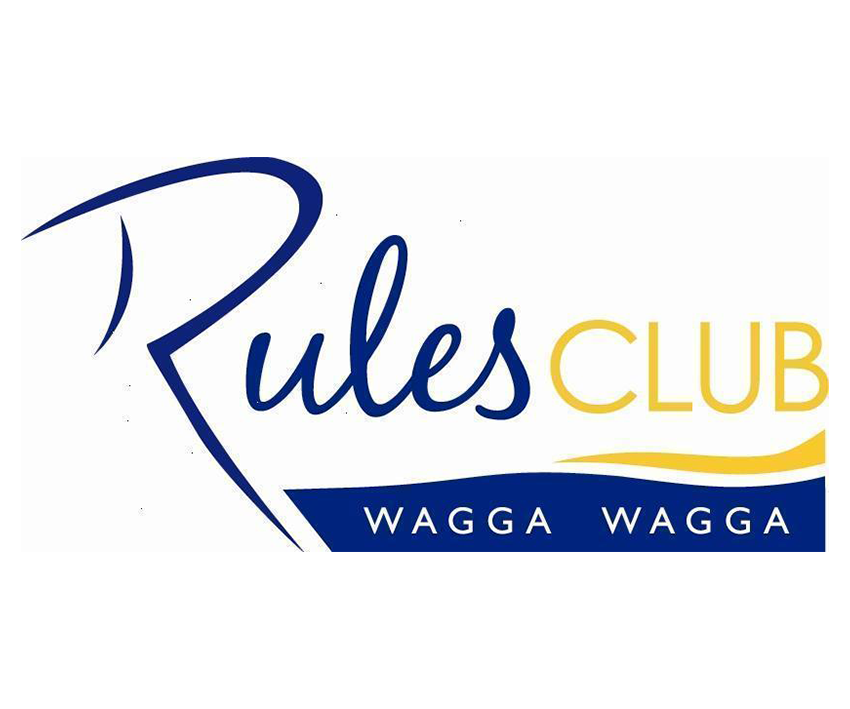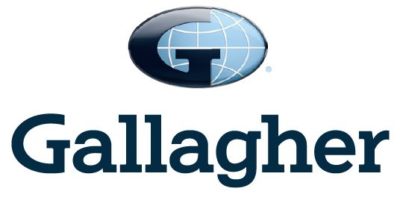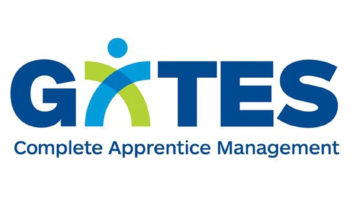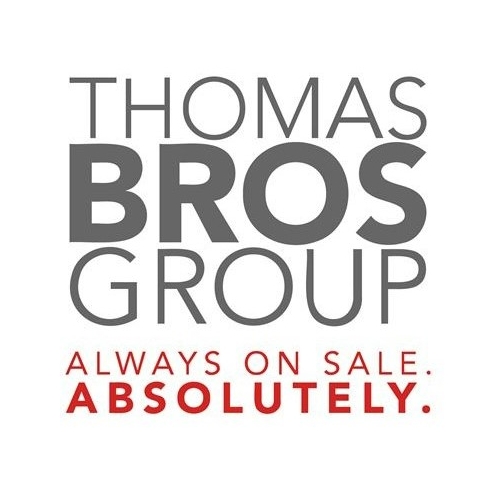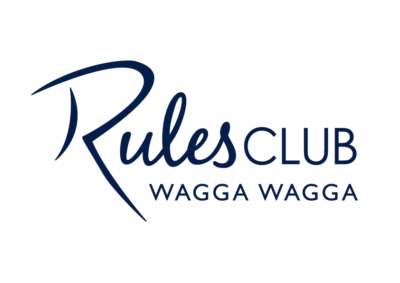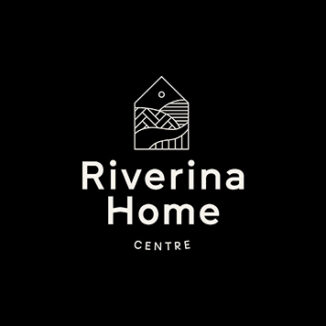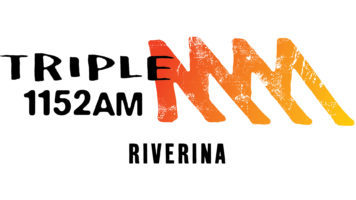Turvey Park Indigenous trailblazers
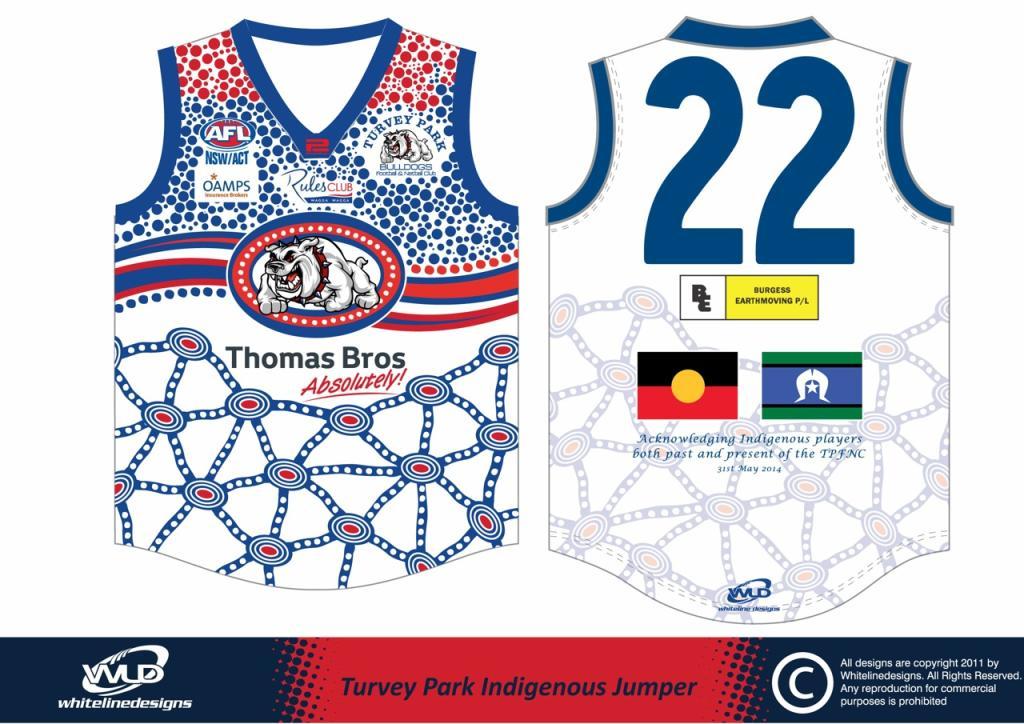
By Pete Doherty.
Sometimes it’s the simplest expressions that carry the greatest weight:
“Acknowledging Indigenous players both past and present of the Turvey Park Football & Netball Club.”
Fifteen words on the back of a footy jumper. But they stand for so many more…
Respect. Recognition. Identity. Belonging. Community. Culture. Footy Clubs. Family.
Turvey Park is creating history with its celebration of the AFL’s Indigenous Round, becoming the first club in the Riverina Football League or Farrer Football League to mark the occasion with a specially-designed jumper; incorporating the club’s traditional emblem and colours in an Aboriginal art design that illustrates the river, and the connections between Riverina clubs.
Before the game, there will be a ceremony including the raising of the Aboriginal flag, and local elder Aunty Dot Whyman delivering a Message Stick to the club and a Welcome to Country in Wiradjuri language.
If you want to know how much it means, ask Uncle Jimmy Egan, arguably the club’s best ever Indigenous footballer: “Oh mate, I feel that happy. I’m so proud,” he says.
“Never, ever thought I’d see that in my life. I was pretty excited about it when they rang me and let me know. I’m looking forward to coming up for it. I hope to see a lot of old mates there too. I’m excited.”
Egan played for the Bulldogs from 1969-1975 and again in 1977 (although regrettably missed the grand final victory over Ariah Park-Mirrool, after doing his Achilles on the Wednesday before the decider).
His was a different era, and those were less enlightened times. Indigenous players were regularly subjected to racist abuse.
“I had the same problem. ‘You black – whatever,’ they’d say. I think it’s come a long way since then,” Egan says. In those days, there were few courses of action to take. “I didn’t worry too much. I’d swear back at them.”
What mattered was that within his club, Egan was respected.
“With Turvey, it was like a family club. It was really good. All the people, I just got on terrific with them. The white people, everyone. Wagga’s a big place, but I knew a lot of people.”
Club stalwart, and reserve grade co-coach Stephen Smith, has been the driving force behind the celebrations, proud of the contributions of Indigenous footballers and proud too of his club’s culture.
“I think the thing is there’s never been any sort of divide between non-Indigenous players and Indigenous players. It’s always been one club. We’ve never had any problems,” Smith says. “And because it [race] has never been an issue, it’s not really talked about. So this helps the education side of things – for non-Indigenous guys to realise there is a true culture there to be identified and recognised.”
Turvey’s assistant coach James Hayes is new to Riverina football.
He’s played in Indigenous round matches elsewhere and knows their value.
“Even for non-Indigenous players, it opens their eyes to see how much it means to us, and how important it is. Especially in an area like Wagga… the league medallist the last two years is Indigenous, so that goes to show the talent here.”
That’s two-time Quinn medallist Chris Gordon (CAK), whose on-field exploits are extremely valuable in showing kids that race is no barrier to achievement.
Gordon is rapt that Indigenous recognition continues to grow, and thanks the current Australian of the Year for inspiration.
“Adam Goodes – he’s done a lot. If there’s any way I could do just a small amount of what he’s done to help people in the community, I’ll be happy with my life.”
The Bulldogs are thinking beyond the boundary of Maher Oval too.
“For us, it’s not all about Turvey Park. It’s acknowledging Indigenous footballers around the Riverina,” says Smith.
“The perfect outcome would be that – maybe not next year, maybe not the year after, but maybe one year –every single club in the Riverina plays in Indigenous jumpers and acknowledges the round.”
In the meantime, Turvey Park will continue to lead by example… wearing its heart on its sleeveless , guernsey.
“It’s not a new thing,” says Smith. “Indigenous round is about recognition of history. It’s about acceptance, and respect.”
Respect for each other. And respect for yourself. Like Uncle Jimmy Egan. Forty years on, and living in Balranald, his heart remains at Turvey Park – broken only by the memories of grand finals lost, never by the scourge of racism.

